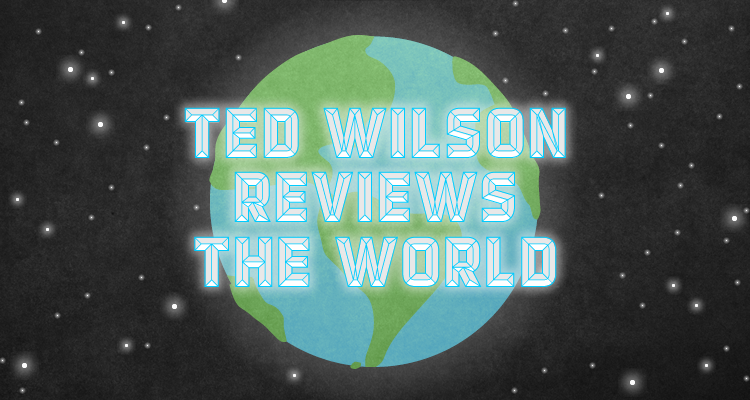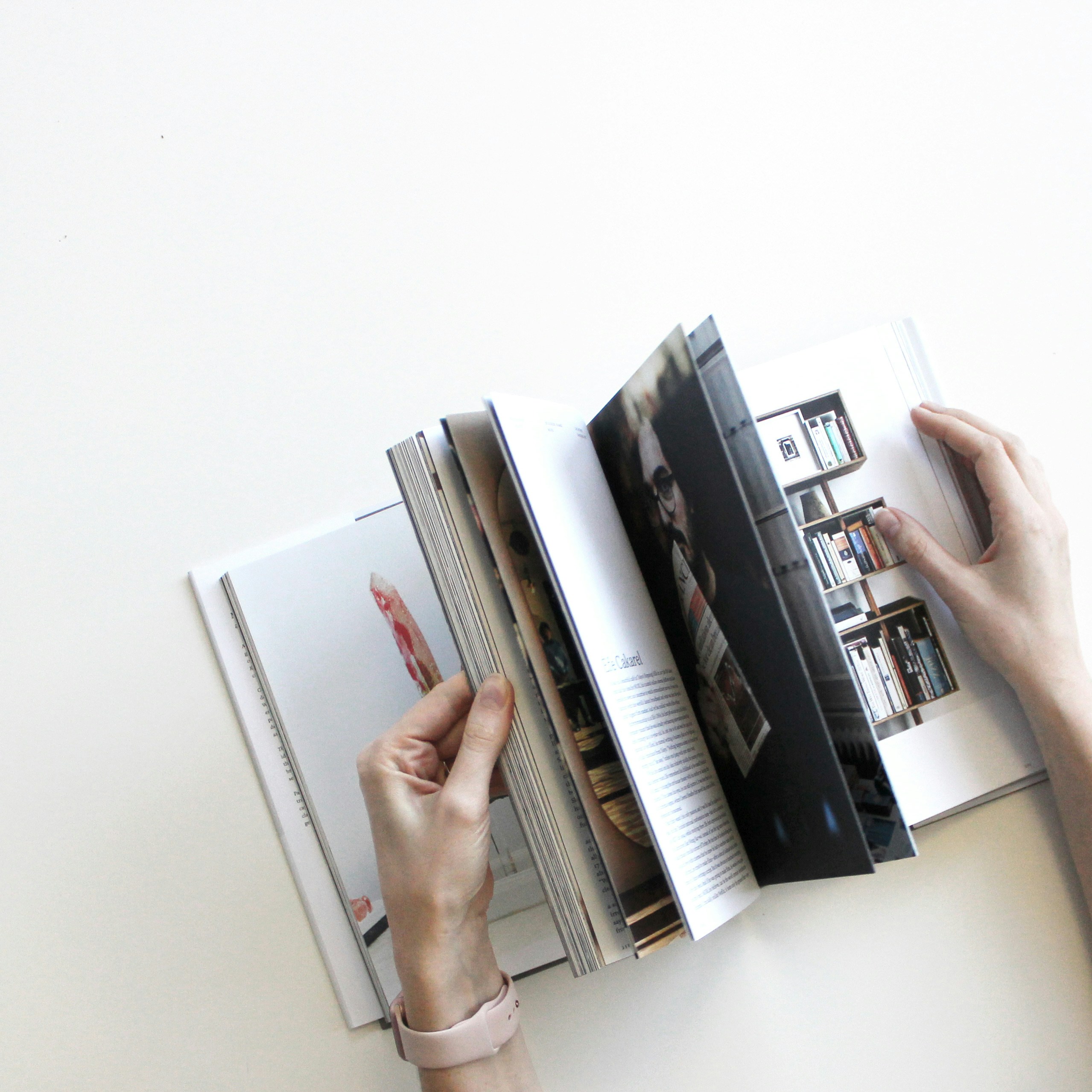Craft
My Book Is Not My Baby

Less than a year after I gave birth to my first child, I sold my first novel.
“You’re sending your baby out into the world!” people said of the book.
“Yes, I am,” I answered, though I suspected we didn’t quite agree.
I’ve spent the time since publication staring down this old cliché: writing is like giving birth, and a book is the author’s baby. The metaphor — which appears in the best and worst writing about writing — always struck me as grandiose, but perhaps also the best approximation for the extraordinary creative and personal investment the writer makes, and the emotional attachment and protective instinct writers have toward their projects.
Pregnancy and childbirth changed my mind. The cliché may say something about creativity, but it says even more about how we view work and how we validate ourselves; it’s another glimpse into our culture’s hybrid of reverence for motherhood and revulsion for women’s bodies.
When men use the metaphor, I can’t help but hear womb envy: “You can create life? I can create life, too!” But this life, his book, is intellectual, spiritual, philosophical — the opposite of the base reality of physical reproduction. When women use it, I hear an attempt, be it conscious or unconscious, to summon social validation for our creative projects. (We so often find ourselves under attack for our choices, especially in the realms of work and family.) When parents use it, I hear that mistake — common to everyone, but especially virulent among parents — of universalizing one’s own experience. The beauty of the process, or the horror of the process; that ferocious love and superhuman selflessness that the child-free “just don’t understand.”
But here I am, perhaps, making that same mistake: interpreting another’s expression through the narrow lens of my own life. When I gave birth, I felt new kinds of vulnerability, pain, and mortality. I also learned new lessons about labor, dignity, and the relationship between the mind and body. Mostly, I experienced physicality like I never had before.
We talk about childbirth using the word “labor,” but as a euphemism. Our discourse strips away the effort of childbearing. Movies cut from pickle cravings to a gush of fluid to a cooing infant, far too clean and plump to be newly born. Abortion arguments emphasize the trauma of termination, but ignore the physical challenges, risks, and consequences of birth. Pregnancy and birth are physical work. They’re also — though they may not seem that way at the time — comparatively brief. And childbearing is public, from the first moment a nosy relative or stranger eyes your belly to the spectacle of birth itself, with its usual audience of medical professionals.
In contrast, I researched, wrote, and edited my novel over four years, and mostly kept my efforts private. Publishing — not so private, of course — took another year, and though it was an incredible amount of work, for me and my publishers, my involvement was mostly carried out at a quiet desk or over email. Click: I approve the text. Click: Cover looks great! Click: The pre-order button has turned into an “order” button! Tweet, post, update, tweet again.
Using writing as a metaphor for birth, or birth as a metaphor for writing, belittles each: the raw, nerve-shattering physical labor of one, and the years of mental labor and fortitude of the other. It also obscures how these different types of labor operate. Writing is highly intentional. In contrast, childbearing resists our efforts at control. I ate carefully and exercised, took the requisite childbirth classes, meditated my way through pain I had never felt before — but a significant piece of all this, from conception to healthy birth, was luck. Good genes, good medical care, etc. I don’t take it for granted; I don’t take credit for it either. (To be fair, publishing also requires a good dose of luck, no matter how talented or hardworking the author.)
Perhaps I’ve grown weary of this metaphor because it’s suggested to me so often; people see a natural connection between being a debut author and a new mother. Or perhaps I’m bristling at cliché itself, applied to two such personal and transformative experiences. Both baby and book began as something internal and precious; they each existed, for a time, inside of me, with no other person impinging on our relationship. And now I have to let them both go.
The book is going to live its own — forgive me — life. It will be loved and it will be hated. It will be read and it will be cast aside. It will be interpreted in ways I never imagined, and judged on terms I never intended. All of that has nothing, ultimately, to do with me, as a person, or even as a writer.
My daughter has her own life to live, too. She will make her own choices, have her own successes and failures. I must not live through her or try to make her live for me. These are not easy imperatives to live by, of course. Together, they may be the ultimate challenge of giving birth. If there’s any parallel between my life as a mother and my life as a writer, it’s this: giving away.









